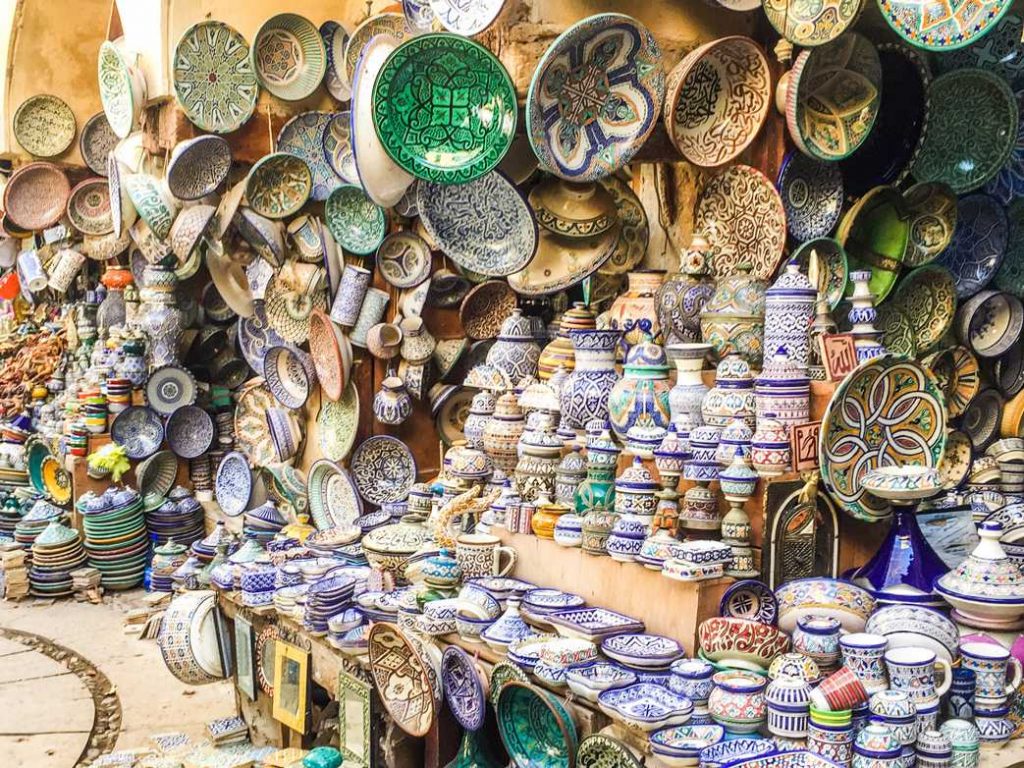
The Moroccan artisan sector has reached a remarkable milestone, generating a record revenue surge of MAD 984 million ($100 million) by the close of November 2023. This marks an impressive 7% increase compared to the same period in 2022, according to an announcement by the Minister of Tourism, Handicrafts, and Social and Solidarity Economy, Fatim-Zahra Ammor, during a session of the Administrative Council in Rabat.
Ammor attributed this success to strategic commercial partnerships, effective promotional activities, and collaborative efforts between public and private stakeholders. Looking ahead, the focus will be on further enhancing commercial and promotional activities and improving artisans’ competitiveness to facilitate exports.
The artisanal sector is pivotal in Morocco’s economic landscape, employing approximately 2.4 million people, constituting nearly 20% of the active workforce, and contributing 7% to the country’s GDP. Notably, the city of Fez alone houses 80,000 artisan workshops, employing around 200,000 individuals, representing 30% of the city’s labor force.
Read also: Morocco Tourism Achieves Record 39% Growth in 2023
Tarik Sadik, the Director General of the Maison de l’Artisan, highlighted key accomplishments for 2023, including the launch of support programs to enhance artisans’ competitiveness. Among these programs, the “Program of Excellence” focuses on the carpet, pottery, and ceramics sectors, offering 30 services to structure production units by supporting them across the entire value chain by 2026.
The second program, dedicated to export assistance, aims to guide operators in accessing international markets, strengthening the global presence and recognition of Moroccan craftsmanship and its products. The third program focuses on supporting aggregators and enhancing aggregation capabilities to improve the production and marketing of artisanal products, including through e-commerce platforms.
This year’s positive results align with the initiatives launched by the Ministry of Tourism, Handicrafts, and Social and Solidarity Economy, including the “Market Intelligence” initiative initiated in April. The initiative seeks to enhance understanding of global demand and market trends for Moroccan artisanal products, with initial findings indicating a recognition exceeding 85% for the “Morocco Handmade” label in key importing markets.

